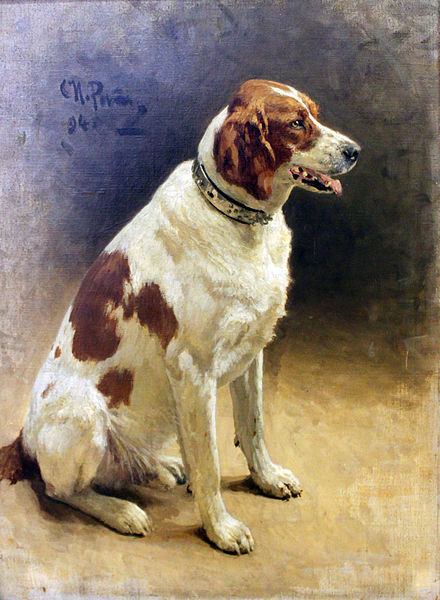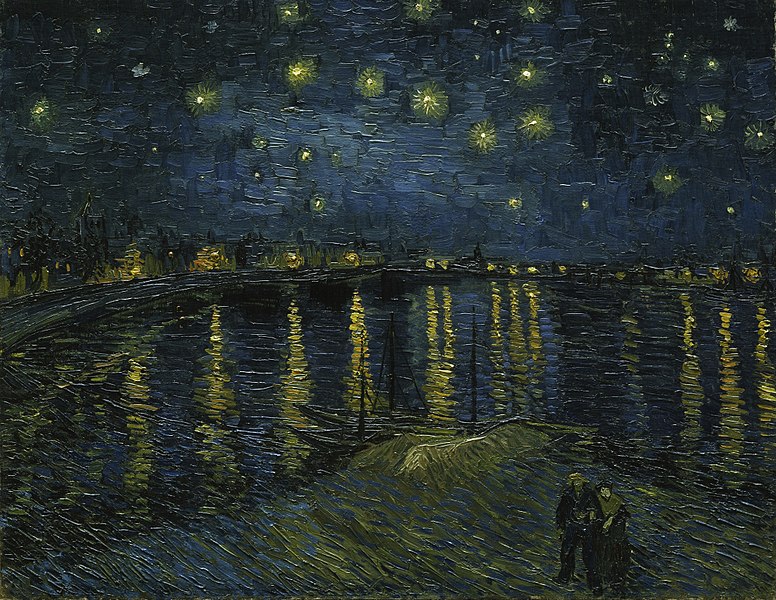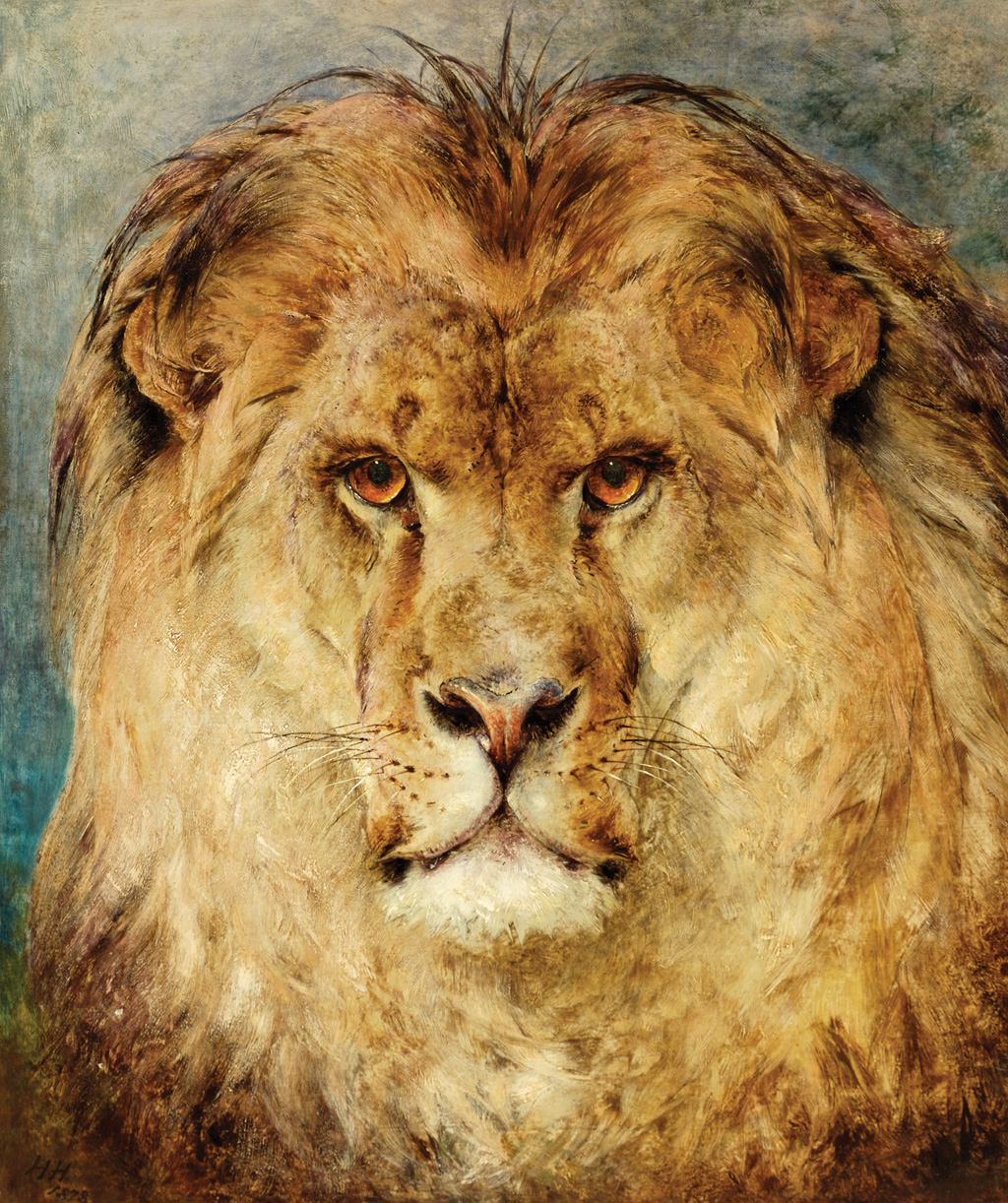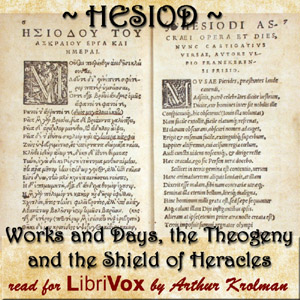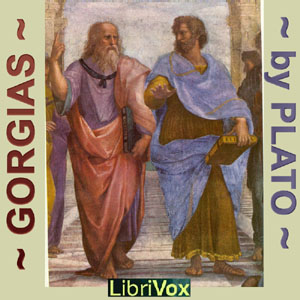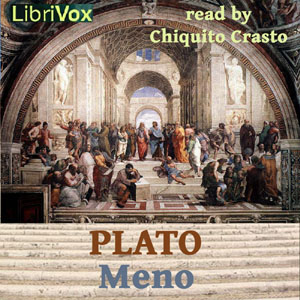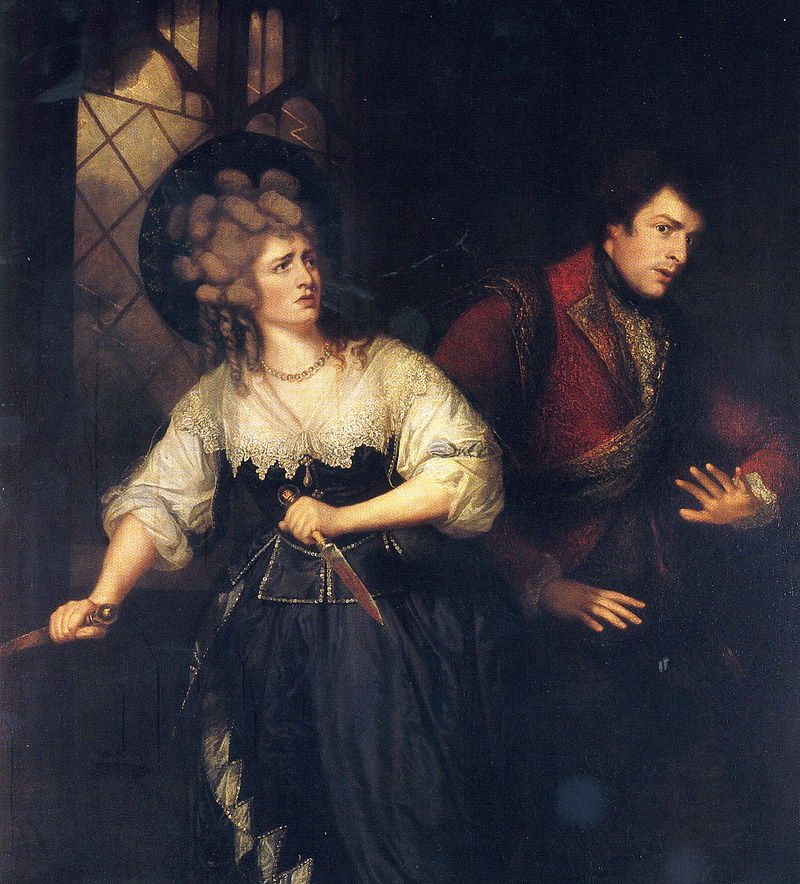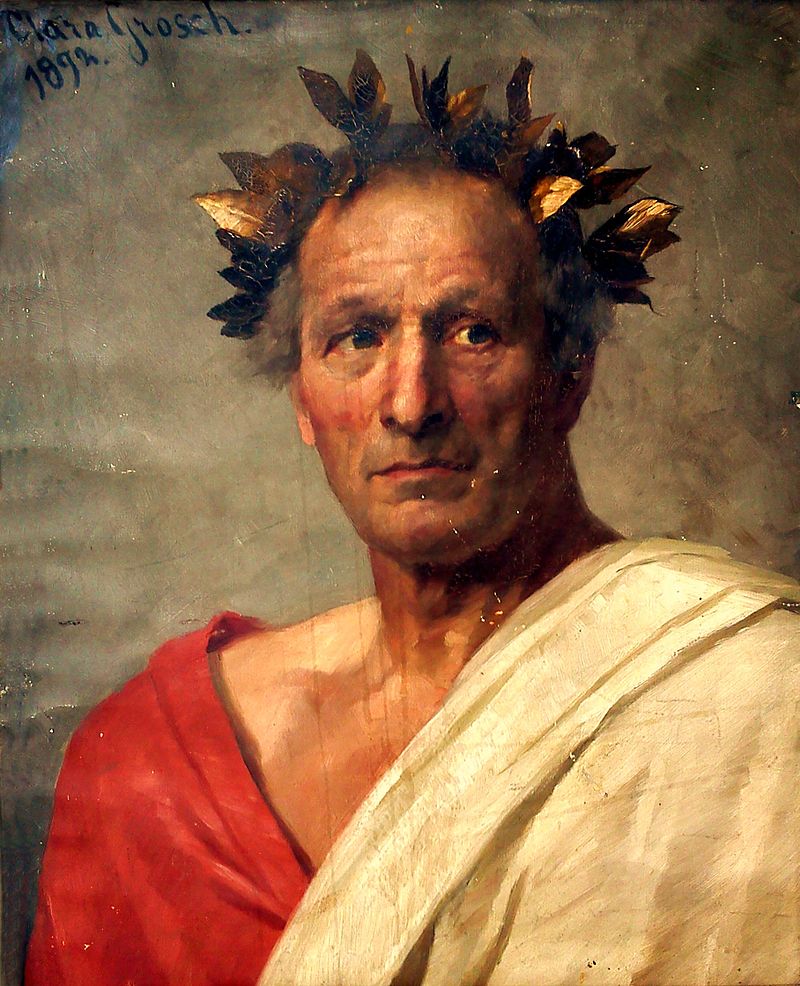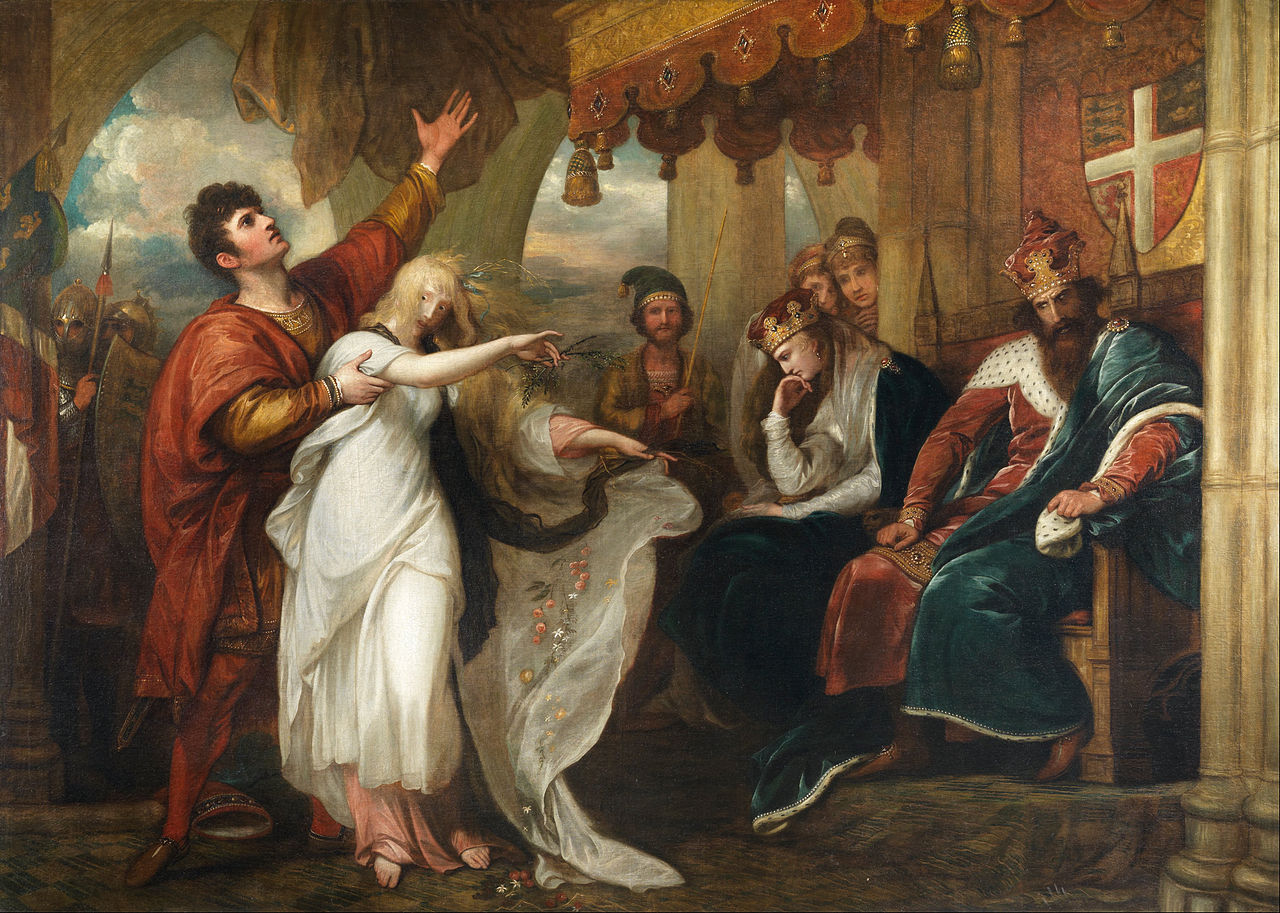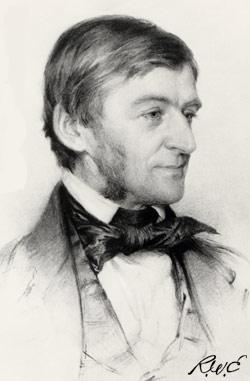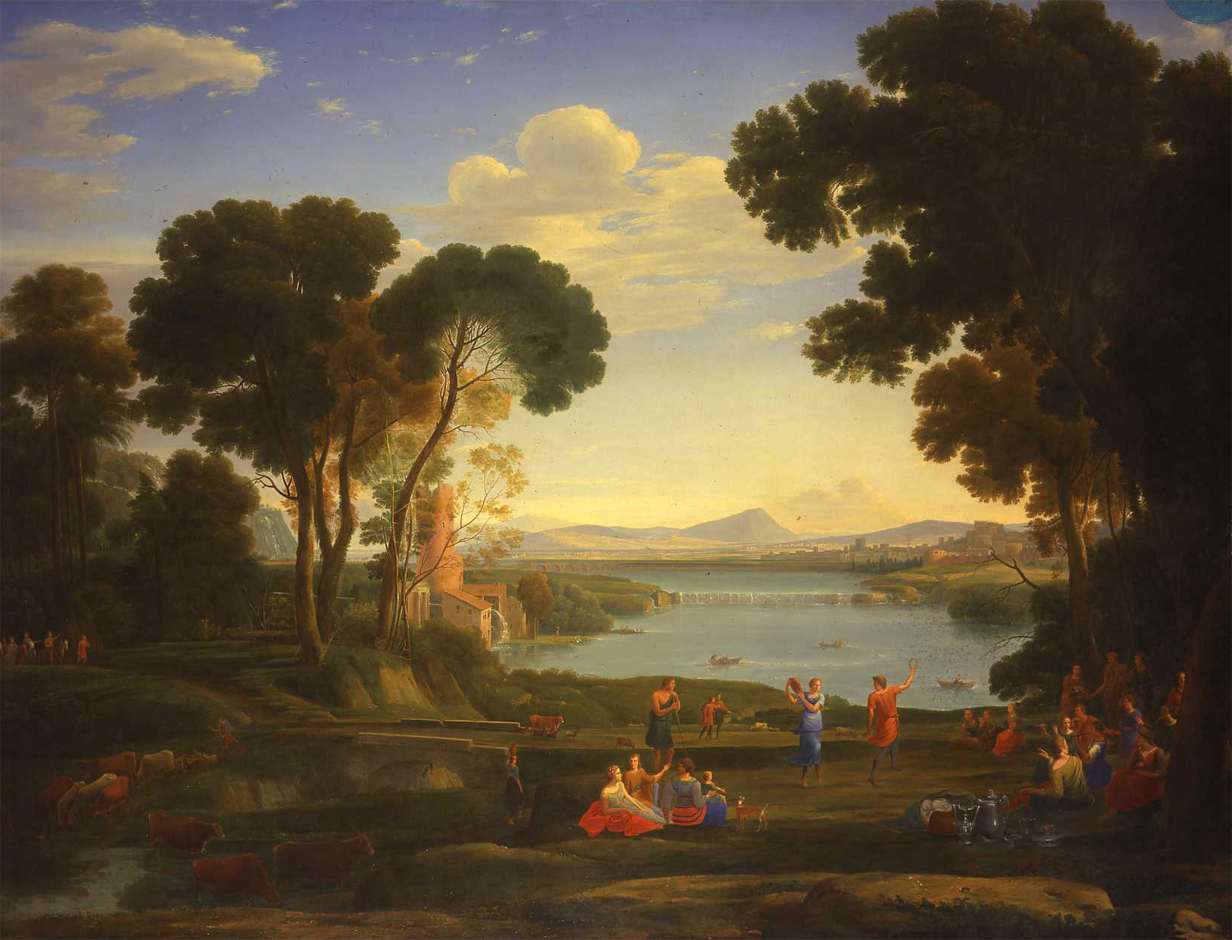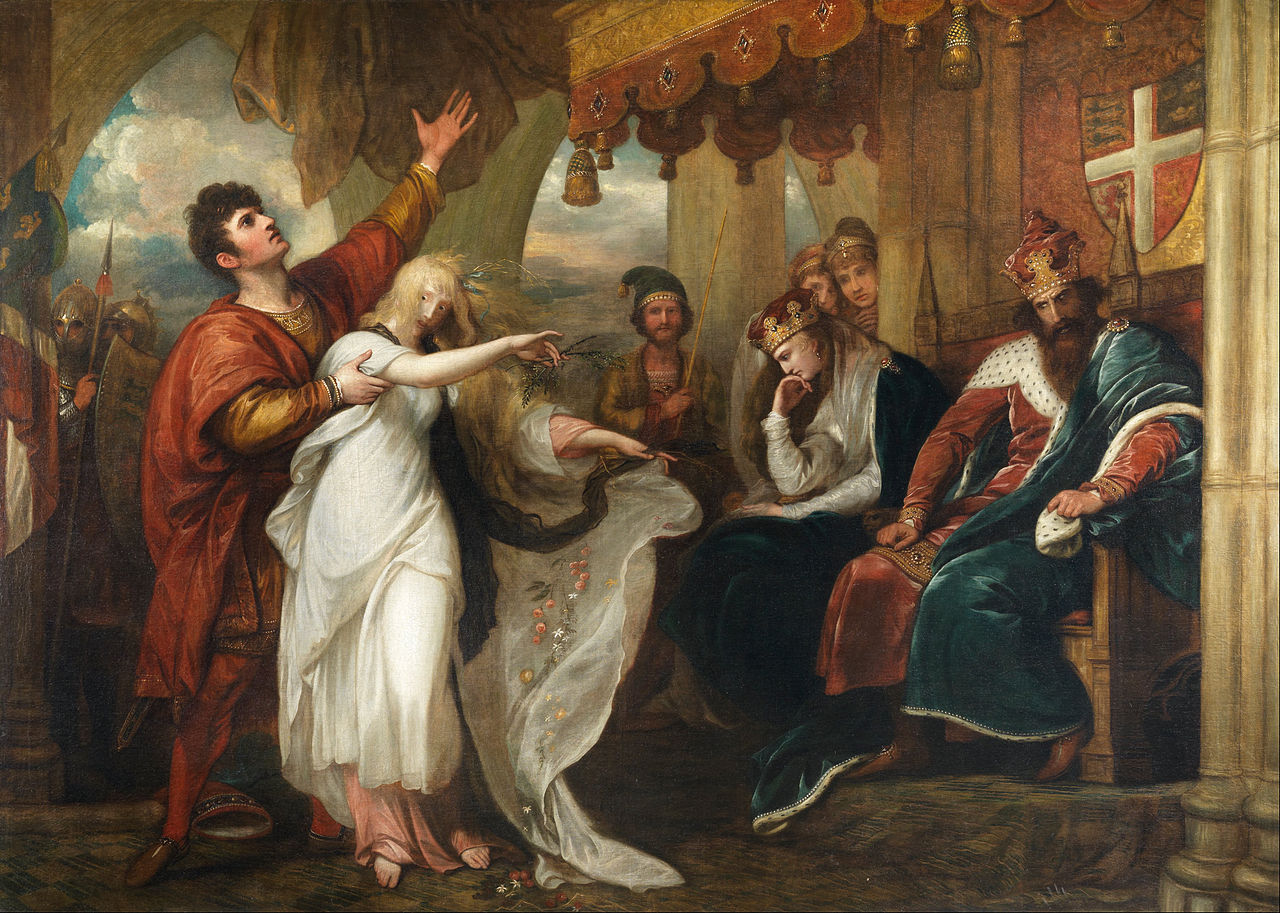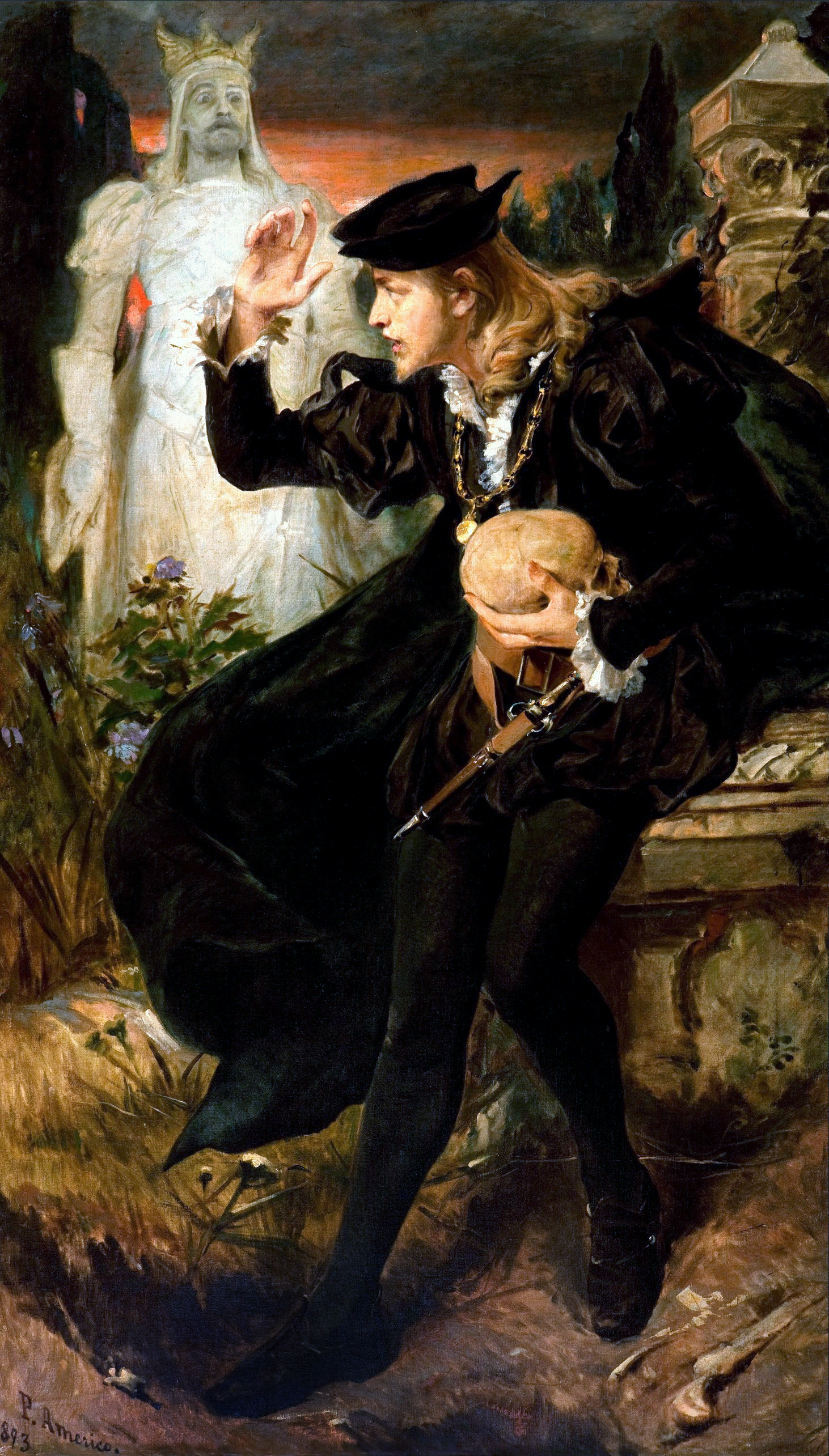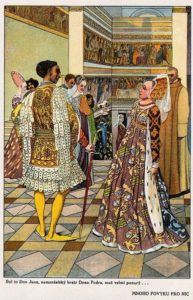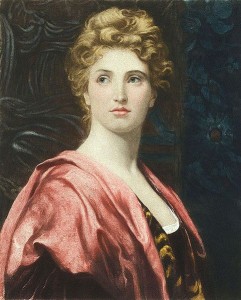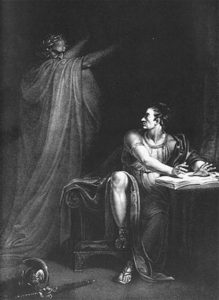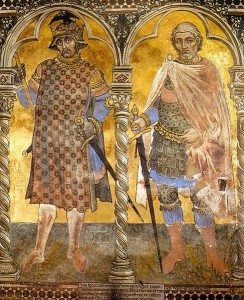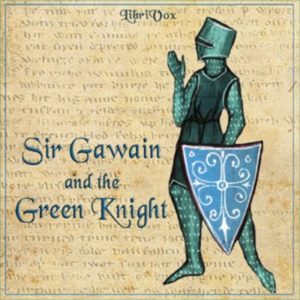The audio and text presented here is for the non-profit purpose of teaching English as a second language. It cannot be downloaded, only streamed. Click on the link and the text will open so you can follow along as you listen.
Number the Stars by Lois Lowry
The audio and text presented here is formatted for the non-profit purpose of teaching English as a second language. Click on the chapter to stream the audio, and the text will open so you can follow along.
The Lion, The Witch, and the Wardrobe by C. S. Lewis
The text and audio here are formatted and presented for the non-profit purpose of ESL (teaching English as a second language) and are presented as streaming links only (not downloadable). Click on the chapter you want to hear and the text will open up so you can follow along.
Works and Days, The Theogony, and The Shield of Heracles by Hesiod
Works and Days provides advice on agrarian matters and personal conduct. The Theogony explains the ancestry of the gods. The Shield of Heracles is the adventure of Heracles accepting an enemy’s challenge to fight. – Summary by Arthur Krolman for Librivox
Whole book (zip file)Download
Subscribe by iTunesiTunes
Running time: 2 hours, 30 minutes
Gorgias by Plato
This dialogue brings Socrates face to face with the famous sophist Gorgias and his followers. It is a work likely completed around the time of “Republic” and illuminates many of the spiritual ideas of Plato. The spirituality, as Jowett points out in his wonderful introduction, has many ideas akin to Christianity, but is more generous as it reserves damnation only for the tyrants of the world. Some of the truths of Socrates, as presented by Plato, shine forth in this wonderful work on sophistry and other forms of persuasion or cookery. (Summary by Kevin Johnson for Librivox)
Whole book (zip file)Download
Subscribe by iTunesiTunes
Run time: 7 hours, 6 minutes
Meno by Plato, translated by Benjamin Jowett
Meno (Ancient Greek: ?????) is a Socratic dialogue written by Plato. Written in the Socratic dialectic style, it attempts to determine the definition of virtue, or arete, meaning in this case virtue in general, rather than particular virtues, such as justice or temperance. The goal is a common definition that applies equally to all particular virtues. Socrates moves the discussion past the philosophical confusion, or aporia, created by Meno’s paradox (aka the learner’s paradox) with the introduction of new Platonic ideas: the theory of knowledge as recollection, anamnesis, and in the final lines a movement towards Platonic idealism.. (Introduction by Wikipedia)
Whole book (zip file)Download
Subscribe by iTunesiTunes
Run time: 2 hours, 24 minutes
Henry V by William Shakespeare
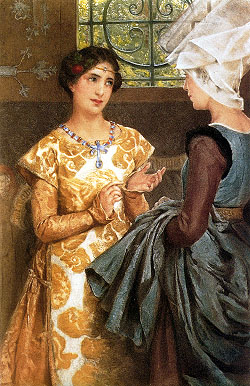
After the turmoil and uncertainty of Henry IV a new era appears to dawn for England with the accession of the eponymous Henry V. In this sunny pageant Chorus guides us along Henry’s glittering carpet ride of success as the new king completes his transformation from rebellious wastrel to a truly regal potentate. Of course, there is an underlying feeling that the good times won’t last, and this is all the more reason to enjoy the Indian summer before the protracted and bitter fall of the house of Lancaster. (Introduction by Algy Pug for Librivox)
Whole book (zip file)Download
Subscribe by iTunesiTunes
Run time: 3 hours, 4 minutes
The Tragedy of Macbeth by William Shakespeare
Orson Welles Julius Caesar radio theater
Orson Welles Hamlet radio theater
Self Reliance by Ralph Waldo Emerson
I, Isaac, Take Thee, Rebekah
Ravi Zacharias speaks on courtship and marriage. Learn more about this broadcast here.
Part 1: Marriage should last a lifetime
Part 2 Thoughts about selecting a mate
Part 3 Important qualities in a spouse
The Hobbit by J.R.R. Tolkien
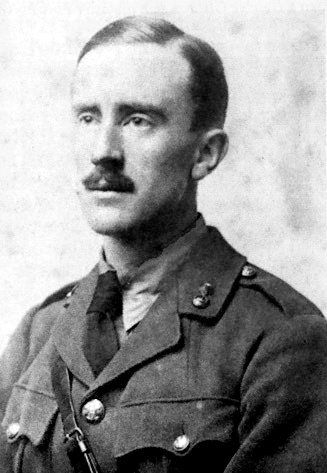
This recording of the Hobbit was made for educational purposes to assist ESL learners. Downloadable files are NOT available of this material, it is streaming only. Click on the link for the chapter you want to stream and the text will also appear, allowing you to follow along in the text while you listen.
Hamlet by Shakespeare, simplified for school children and baffled adults
Hamlet by Shakespeare, simplified for school children?by Shakespeare Lynch Multimedia is performed by Michael Matus.
Description from iTunes:
Shakespeare made easier for schoolchildren and baffled adults with an easy to understand narrative adaptation and parallel text with the original. Why adapt Shakespeare? Well, it’s hard! A lot of actors in Shakespeare productions can act it, confusing audiences. A lot of teachers can’t teach it, confusing pupils. A lot of parents lack confidence helping with homework. This is for students of all ages and parents, too. The purpose is to make Shakespeare comprehensible and accessible. Shakespeare is the greatest of writers, for that reason everyone must attempt to grasp his genius. Read the original first and then consult this adaptation to help you. Use this as an aid. The poetry of the original cannot be matched. The action of Book One, Chapter 1 corresponds with Act One, Scene 1, (for the podcasts Episode 1 is 1-1) and so on This recording of Hamlet is read by Michael Matus, who has acted extensively with the RSC and will be appearing at the Globe in London during the Summer 2008 season.
Orson Welles Shakespeare Collection
This collection of early Orson Welles radio theater productions includes the following plays.
Hamlet
Julius Caesar
Twelfth Night
The Merchant of Venice
Macbeth
Henry ?V
Romeo and Juliet
Richard III
Richard II
King Lear
The Aeneid by Virgil
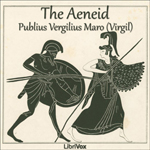
Summary:
The Aeneid
VIRGIL (70 BC – 19 BC), translated by John DRYDEN (1631 – 1700)
The Aeneid is a Latin epic written by Virgil in the 1st century BC that tells the legendary story of Aeneas, a Trojan who traveled to Italy, where he became the ancestor of the Romans. The first six of the poem’s twelve books tell the story of Aeneas’ wanderings from Troy to Italy, and the poem’s second half treats the Trojans’ ultimately victorious war upon the Latins, under whose name Aeneas and his Trojan followers are destined to be subsumed. The poem was commissioned from Vergil by the Emperor Augustus to glorify Rome. Several critics think that the hero Aeneas’ abandonment of the Cartheginian Queen Dido, is meant as a statement of how Augustus’ enemy, Mark Anthony, should have behaved with the Egyptian Queen Cleopatra. (Summary by Wikipedia and Karen Merline)
Running time: 13 hours, 40 minutes
To hear this book, click play in the box below or click on the chapter links.
Book 1: A Fateful Haven, part 1
Book 1: A Fateful Haven, part 2
Book 2: How they took the City, part 1
Book 2: How they took the City, part 2
Book 3: Sea Wanderings and Strange Meetings, part 1
Book 3: Sea Wanderings and Strange Meetings, part 2
Book 4: The Passion of the Queen, part 1
Book 4: The Passion of the Queen, part 2
Book 5: Games and a Conflagration, part 1
Book 5: Games and a Conflagration, part 2
Book 6: The World Below, part 1
Book 6: The World Below, part 2
Book 7: Juno Served by a Fury, part 1
Book 7: Juno Served by a Fury, part 2
Book 8: Arcadian Allies, part 1
Book 8: Arcadian Allies, part 2
Bk 09: A Night Sortie, a Day Assault, pt 1
Bk 09: A Night Sortie, a Day Assault, pt 2
Bk 10: The Death of Princes, pt 1
Bk 10: The Death of Princes, pt 2
Bk 11: Debaters and a Warrior Girl, pt 1
Bk 11: Debaters and a Warrior Girl, pt 2
Pilgrim’s Progress movie (classic version)
This old, classic version of Pilgrim’s Progress stars Liam Neeson as Pilgrim. Parents, please supervise children on You Tube and all video sharing sites. We recommend watching this video on My Audio School or in full screen mode.
Much Ado About Nothing by William Shakespeare
Summary: Written around the middle of his career, Much Ado About Nothing is one of Shakespeare’s great festive comedies. The men are back from the war, and everyone is ready for romance. The dashing young Claudio falls for Hero, the daughter of Leonato, governor of Messina, and his friend Don Pedro helps him secure her affection. These youthful lovers are contrasted with the more experienced (and more cynical) Benedick and Beatrice, who have to be tricked into falling in love. Don Pedro’s brother, Don John, provides the intrigue, and the dimwitted constable Dogberry provides the laughs. (Summary by Elizabeth Klett for Librivox)
Click here to see downloadable CurrClick materials which could be used in a study of Shakespeare. Clicking this link will take you away from My Audio School.
Total running time: 2 hours, 17 minutes
The Tragedy of Julius Caesar by William Shakespeare
Summary: William Shakespeare’s The Tragedy of Julius Caesar, based on true events, concerns the conspiracy against Julius Caesar, his assassination in 44 BC, and its immediate aftermath. Probably written in 1599 and among the first of Shakespeare’s plays to be performed at the Globe Theater, Julius Caesar is one of his best-known dramas and has received innumerable performances throughout the centuries. (Summary by Laurie Anne Walden after Wikipedia)
Click here to see downloadable CurrClick materials which could be used in a study of Shakespeare. Clicking this link will take you away from My Audio School.
To hear this drama, click play in the box below or click on the chapter links.
Total running time: 2 hours, 30 minutes
Sir Gawain and the Green Knight, unknown author, translated by W. A. Neilson
Whole book (zip file)Download
Subscribe by iTunesiTunes
Total running time: 1 hour, 18 minutes
Published in 1903, Gawayne and the Green Knight is a modern-language retelling of Sir Gawain and the Green Knight, a 14th-century verse romance following a young knight of the Round Table. During Christmas celebrations, a mysterious, entirely green knight presents a challenge to King Arthur’s court: that any may strike the stranger a single blow with his green axe, provided he assent to receiving the same a year later. Gawayne accepts the challenge, and its unexpected outcome leads to a great test of his courage and knighthood. A significant addition to this version is the Lady Elfinhart, whose back-story and romance with Gawayne are tightly interwoven with the plot. (Summary by Jerome Lawsen for Librivox)

